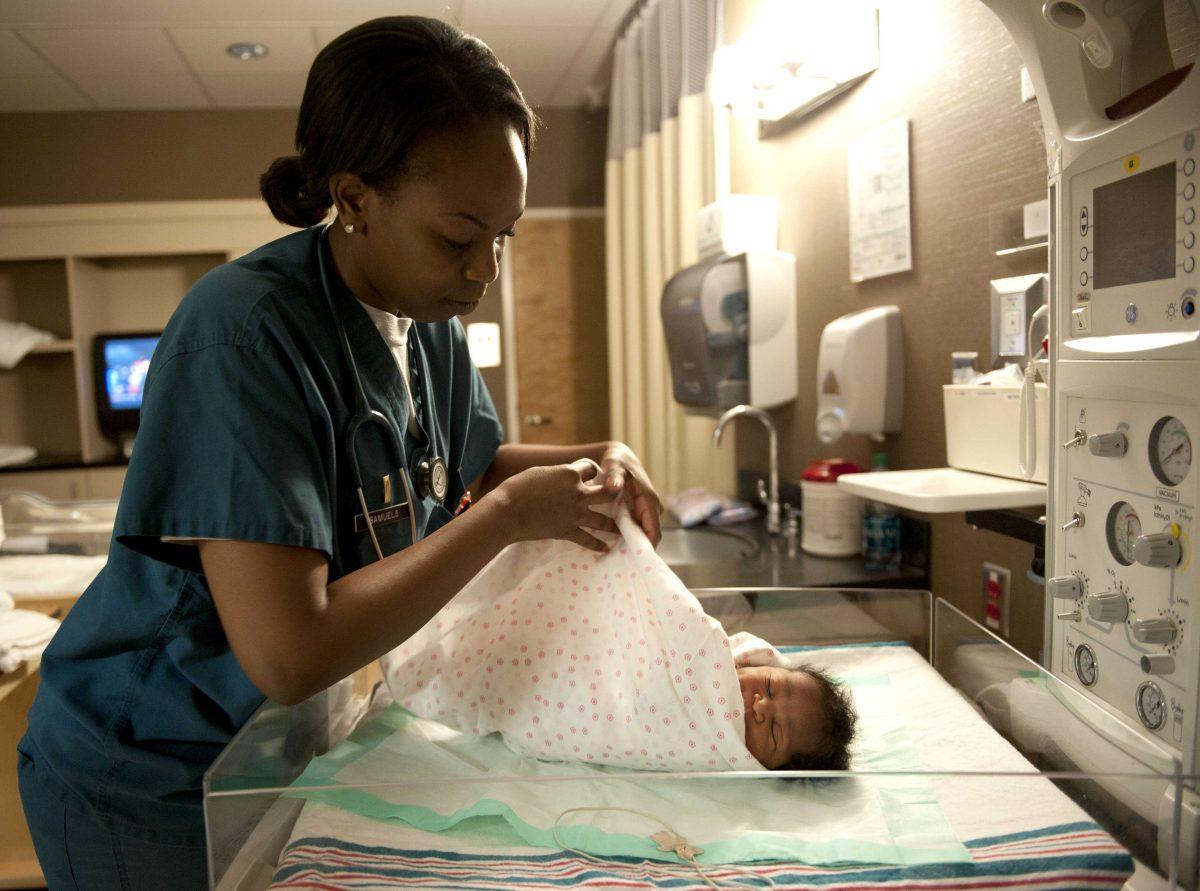In February 2018, Vogue published a profile about superstar athlete Serena Williams where several dimensions of her life were discussed. One of those dimensions was motherhood. Part of her motherhood journey was a terrifying moment after the birth of her daughter, Olympia. While recovering in the hospital, Serena felt short of breath and suspected a pulmonary embolism. Upon alerting a nurse and doctor with her needs, Williams found herself being ignored. After finally following Williams’ suggestions, the medical team found several blood clots in her lungs.
After the Vogue profile went viral, a clip of Dr. Neel Shah, Harvard medical professor and practicing obstetrician, circulated the internet in its wake. In the clip from a CBS interview, Shah explains the reason why African American women are three to four times more likely than white women to die from pregnancy-related issues. In New York City, the rate jumps to 12 times that of their white counterparts.
“We believe black women less when they express concerns about the type of symptoms they are having, particularly when it comes to pain,” Shah said.
Unfortunately, the unequal treatment Shah speaks of extends to all African Americans, not just black women.
A 2016 study by the University of Virginia quizzed white medical students and residents to see whether they would believe inaccurate and even absurd statements about differences between white and black people. The study found that half of the future health professionals thought at least one of the false statements presented was, “possibly, probably or definitely true.” Those who expressed belief in the false statements rated black patients’ pain as, “lower than that of white patients and made less appropriate recommendations about how they should be treated.”
I don’t believe all medical professionals are racist or incompetent by any means. I respect anyone in a medical field immensely, simply because of the hard work they had to do to get where they are. Medical professionals are, in general, intelligent, helpful and vital to the workforce.
Unfortunately, they’re also human. As much as we don’t want them to, they make mistakes like the rest of us. And just like non-medical professionals, sometimes they can make mistakes without realizing. In many cases where black women have been ignored, the mistake was the implicit bias the medical professionals had. Implicit bias can be described as a bias in judgement that happens below our conscious awareness and usually without intentional control.
In the healthcare setting, implicit bias can be especially dangerous, as it can be a case of life or death. The disproportionate rate at which black women die because of pregnancy-related conditions is an example of this.
These things are all wrong, and quite frankly, reprehensible. Medical professionals owe it to themselves, and more importantly their patients, to ensure they can work in an objective manner and “do no harm.” No patient deserves to have their concerns ignored or overlooked based on their race.
Maya Stevenson is a 20-year-old English and economics sophomore from Baton Rouge, Louisiana.







